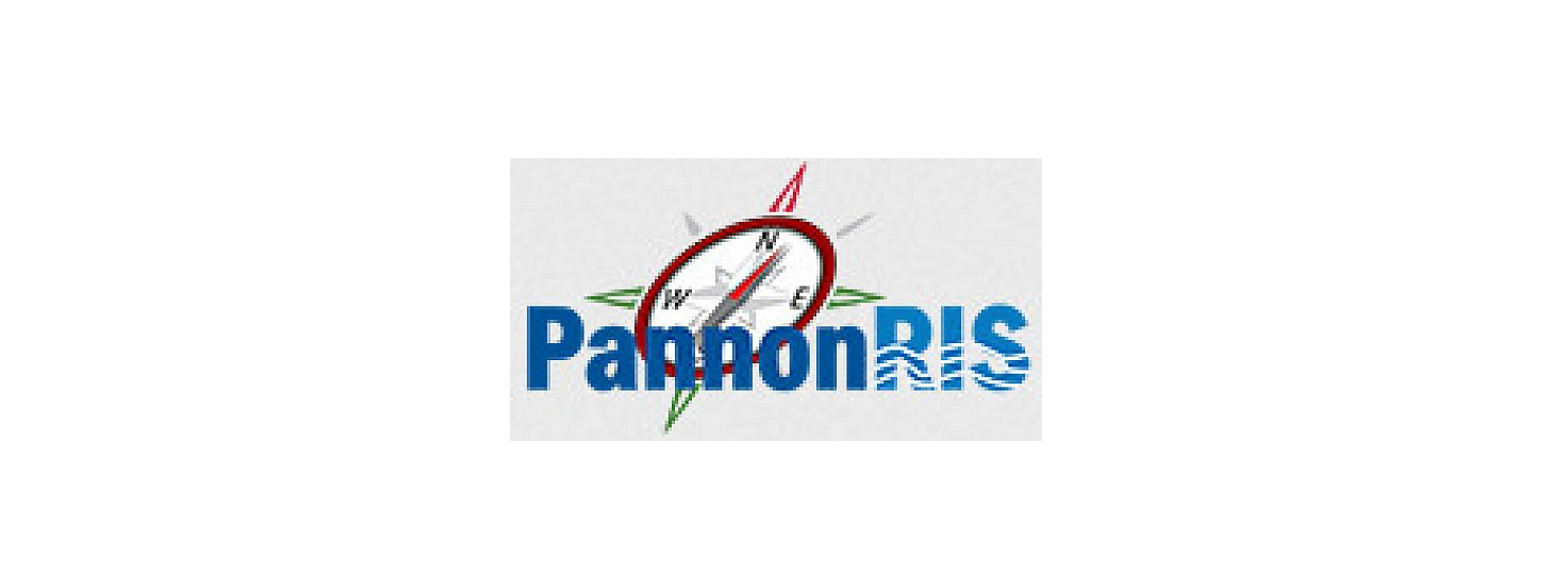A YEAR FOCUSED ON RIS IN HUNGARY
River Information Services (RIS) are harmonized information services which support the traffic and transport management of inland navigation, including – if technically feasible – connections with other means of transport.
In Hungary, the PannonRIS system is permanently developed and operated in the framework of a co-operation between the Ministry of National Development (NFM), the National Transport Authority (NKH) and the National Association of Radio Distress-Signalling and Infocommunications (RSOE).
In line with the Danube Strategy adopted during the Hungarian EU presidency, the New Széchenyi Plan and the co-operation with civil society organizations, the Hungarian Government targets Danube waterway transport to achieve a rational approximate share of eight percent in the transport of goods.
To reach this objective, the Ministry of National Development pays special attention to river information services within the domain of Danube waterway navigation, which, hand-in-hand with the domestic waterway maintenance and fairway marking activities, can play a vital role in the integration of waterway transport into the economic processes with environmental protection maximally kept in mind.
In line with the related law and government decrees, the Ministerial decree no. 45/2011 (VIII.25.) of NFM on the professional and operational rules of river information services stipulates operational regulatory cases and the compulsory use of AIS (tracking) devices for skippers, with the consideration of the corresponding ship types and parameters. The NFM decree has been of universal validity for a year now (since 1st January 2012) as regards the use of flags, therefore, for example, not any floating vessel carrying dangerous cargo may enter the Hungarian waterways without having an operating tracking device on-board, or, the traffic of cruise liners playing a significant role in tourism can also be tracked.
In addition to supervision, RIS services also enhance the safety of waterway transport and support the planning of logistic processes. The Hungarian PannonRIS system is operated by the National Transport Authority in a close professional co-operation with RSOE as system operator.
This excellent co-operation provides the basis of and makes it remarkable that in case of an emergency the RIS components provide the Shipping Authority, as well as the involved law enforcement, disaster recovery and rescue organizations prompt and real-time information.
It is our pleasure that the Hungarian State had the opportunity to equip Hungarian skippers with on-board tracking and identification devices within the framework of the IRIS Europe II project co-financed by the European Union and the Hungarian Government, but it is even more important that the users have provided distinctly positive feedback on this opportunity. We would like to continue this effort, and, in the phase of the project extending from 2013 to 2014 we intend the provision of electronic navigational charts applications also on a subsidized basis.
Taking a look back at the year of 2012, it is important to highlight from the point of inland navigation over the Danube that less than one hundred navigation events occurred during the course of the year in Hungary, only a few of which were accidents and none resulted in death or environmental damage. An emergency event when explosives were found in the riverbed by explosives experts and the National Transport Authority had to order a blockade for the duration of the removal, or when medical assistance had to be called to a sick person aboard a passenger ship, are all considered as navigation events.
All in all, I believe that the Hungarian PannonRIS system is a European-level good practice, representing the commitment of the ministry responsible for transport towards waterway transport and also fairly exemplifying the co-operation between the government bodies and the members of the related industry. All these are integral parts of our success stories, as we identified the provision of safety infrastructure as the basis of the realization of the current transport policies. The realization of the Hungarian transport policy will result in a transport system which, while taking into account domestic and regional particularities, will represent European qualities with safety-oriented attitude. Safe transport is our common cause in Europe.
 Zoltán Schváb
Zoltán Schváb
Deputy State Secretary for Transport
Ministry of National Development
Hungary


